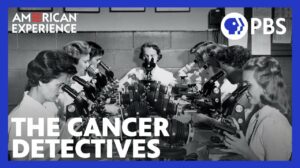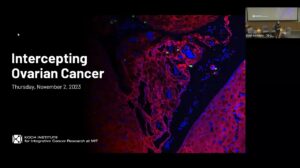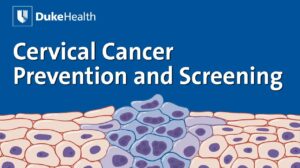NEW YORK (Reuters Health) – Ten-year follow-up data from two UK trials confirm that a lower total dose of radiotherapy delivered in fewer, larger fractions is at least as safe and effective as the historical standard RT regimen for treating early breast cancer after primary surgery.
“The results support the continued use of 40 Gy in 15 fractions, which has already been adopted by most UK centres as the standard of care,” conclude the authors of the report in The Lancet Oncology published online September 19.
Dr. John R. Yarnold, with The Royal Marsden NHS Foundation Trust in Sutton, Surrey, and colleagues explain that two START (Standardisation of Breast Radiotherapy) trials began in 1998, looking at four RT regimens for women with completely excised invasive breast cancer.
“The 5-year results of the START trials had a large effect on breast cancer radiotherapy practice both in the UK and worldwide,” the authors note. In the current report they present a 10-year update.
In START-A, 2236 women were randomized to receive 50 Gy in 25 fractions (the historical standard), 41.6 Gy in 13 fractions, or 39 Gy in 13 fractions – all delivered over 5 weeks. The 10-year cumulative rate of local-regional relapse was not significantly different in the three arms at 6.3%, 7.4% and 8.8%, respectively, the team reports.
In START-B, 2215 women were allocated to receive 50 Gy in 25 fractions over 5 weeks or 40 Gy in 15 fractions over 3 weeks. The 10-year local-regional relapse rate in these two groups was 5.5% and 4.4% — again, not a significant difference.
The authors attribute the difference in relapse rates between the two trials “to slightly better prognosis of patients recruited into START-B compared with START-A.”
The adverse effects of radiation treatment on normal tissue were significantly less with the 39 Gy and 40 Gy regimens than with the standard regimen, but not with the 41.6 Gy regimen, the data indicate.
In the START-A trial, there was no significant difference in distant relapse, disease-free survival or overall survival between the three schedules, the investigators found.
In START-B, on the other hand, “There were significantly fewer distant relapses up to 10 years in the 40 Gy group (HR 0.74), which contributed to the significantly higher rates of disease-free survival and overall survival in the 40 Gy group compared with the 50 Gy group.
In their conclusion, Dr. Yarnold and colleagues note, “Other ongoing or planned trials of hypofractionation for whole breast radiotherapy aim to validate the findings from the START trials in different populations.”
Meanwhile, they add, the UK FAST-Forward trial “is testing the safety and efficacy of five-fraction schedules delivered in a week.”




